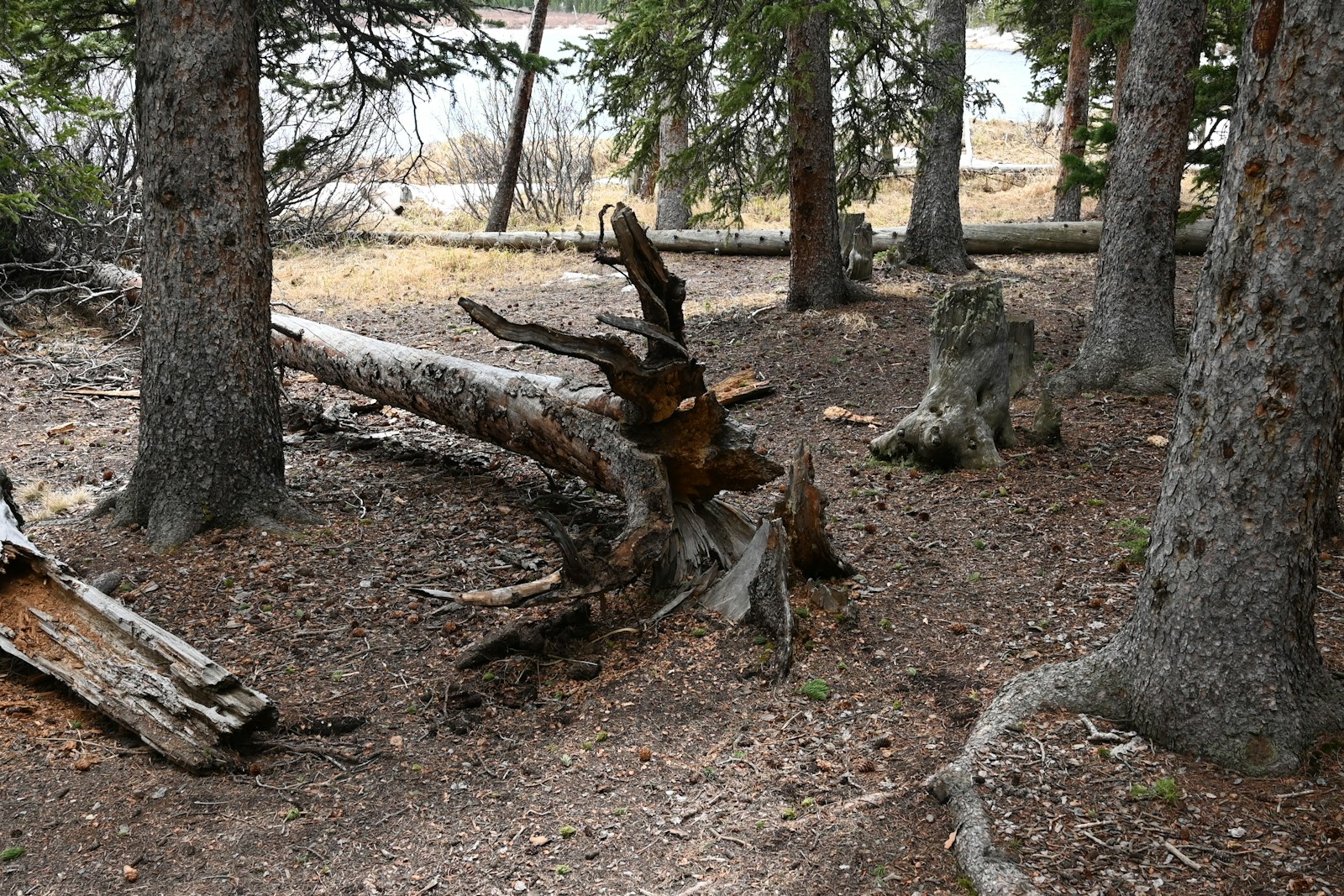
immergrün

evergreen
In German, the word 'immergrün' is used to describe plants that retain their leaves throughout the year, hence the direct translation to 'evergreen'. It is an adjective and can be used in the same context as in English, referring to trees or shrubs that do not lose their foliage in winter. It is also used in a figurative sense to describe something that remains fresh, relevant, or enduring.
Example sentences using: immergrün
Der immergrüne Baum steht in meinem Garten.

The evergreen tree stands in my garden.
This is a simple statement in German, explaining where a certain type of tree, an evergreen, is located. 'Immergrün', translating to 'evergreen', is used here as an adjective, describing the type of tree in question.
Ich bevorzuge immergrüne Pflanzen für meine Landschaftsgestaltung.

I prefer evergreen plants for my landscaping.
In this example, the speaker is expressing a personal preference, stating that they like to use 'immergrüne' or evergreen plants for their landscaping projects. 'Immergrün' here describes the kind of plants the speaker likes.
Der immergrüne Lorbeerkranz ist das Symbol der Sieger.

The evergreen laurel wreath is the symbol of victors.
This is a more metaphorical use of the word 'immergrün'. The speaker is discussing symbols, stating that an evergreen laurel wreath is a sign of victory. 'Immergrün' in this context refers to the perennial nature of the laurel wreath, linking it to the idea of enduring victory.